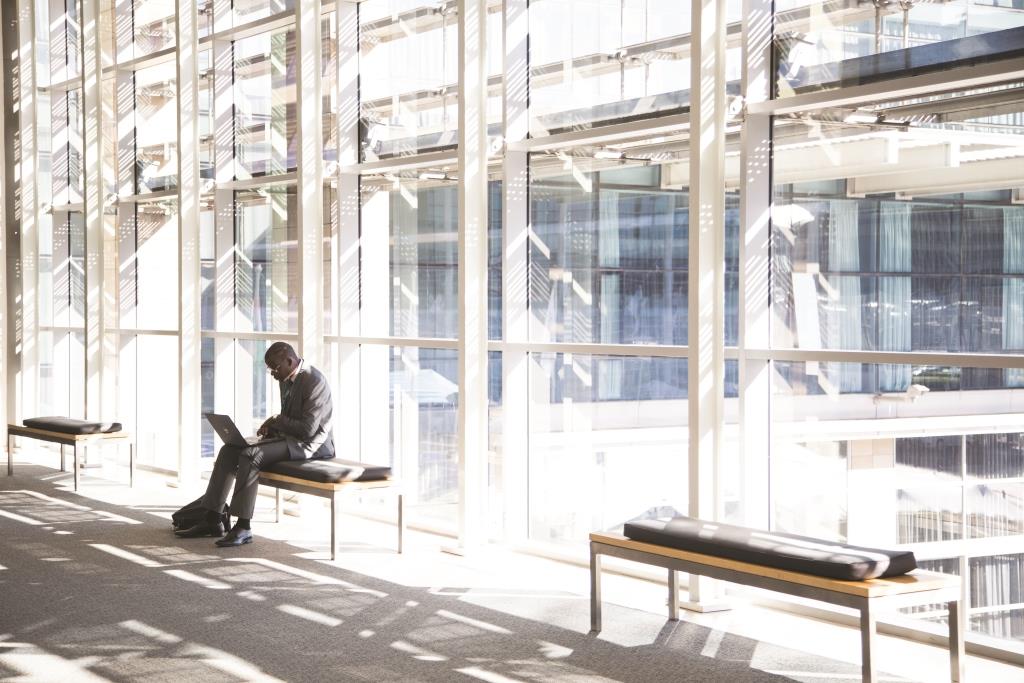Sure, optimism shone forth in Cape Town like the late summer sun bouncing off Table Mountain, as more than 6,000 powerful people, including more than 20 government ministers, headed for the biggest mining gathering on the planet.

There were more mining companies this year, up 50% on last year, after more than five years of decline. The keen-eyed investors were back and looking for contenders across the continent. A fruitful place to be for the brave, like the motorbike riding maverick Mark Bristow who has spent the last 20 years making money digging gold in mines from Mali to Cote D’Ivoire. Two decades ago many fellow South Africans may have laughed at Bristow for taking risks far from home, in what many see as barren land for mining, but now they’re laughing on the other side of their faces. At the Mining Indaba, Bristow’s Randgold Resources announced it had increased gold production, for the fifth year in a row, plus it was debt free with more than $500 million in cash. Many mining companies would kill to be in that position.
Among the investors looking to blaze a trail across Africa is the Lagos-based African Finance Corporation that began life, in 2007, with a fund of $1.1 billion and now has assets of $3 billion, according to one of its directors, Osam Iyahen. It is a public-private fund, 42% owned by government, that invests in: oil; gas; resources; infrastructure and power. In January, it broke ground on a $200-million bauxite mine in the Boffa region of Guinea Conakry, just 15 kilometers from the coast, with plans to ramp up to 15 million tons.
“I think there has been a rebound in the industry this year,” says Iyahen in Cape Town.
Loading...
“Last year was a bit of a disaster. People were not interested in talking about transactions; all they were worried about was protecting their downside. There was a lot of sulking going on.”
You could be forgiven for thinking the host nation is still sulking. South Africa, the biggest mining country on the continent, has been like a boxer on the ropes since the power cuts and global financial collapse of 2008. More than 60,000 jobs have been lost since 2012; capital expenditure ground to a halt and the South African industry lost R38 billion (about $2.8 billion) in 2016 alone, in a year when mining output fell 4.8%.
“We have to get our house in order in South Africa, capital is a coward and it goes to the place where there is least risk. We have to remember mining is a global game now and it is easier than ever for foreign investors to move capital around. Our grandchildren will live with the legacy of what we do now,” says Kieran Whyte, a lawyer and partner at Baker McKenzie, who specializes in energy and infrastructure.
The last few months of 2016 were better as commodity prices lifted, according to the Chamber of Mines, especially the risk haven of gold in the wake of the unpredictable, to put it kindly, presidency of Donald Trump.
“I think we are seeing the green shoots here, we just have to watch out for frostbite,” says Roger Baxter, the CEO of the Chamber of Mines, with a smile on the first day.
Baxter was alluding to two cold fronts: the first, the fact that South Africa – that mined more than a third of the world’s gold – is no longer the king of mining. In fact, in these troubled economic times, more and more nations, from West Africa to South America, are ready to accept foreign investors with open arms. A sign of the times is that, on the eve of the Mining Indaba, analysts in Cape Town were extolling the virtues of the copper, gold and coal mining nation of Chile.
The second frosty front is regulatory uncertainty. The South African government, which has met six times with the Chamber of Mines, has been working on amendments to its mining law since December 27, 2012. It promises to gazette the amended Mineral and Petroleum Resources Development Act (MPRDA) by the end of March; the Chamber of Mines feels it could be April.

Mark Bristow
What is likely to be in the bill could cause conflict. It is expected there will be greater ministerial discretion and set in stone that all mining companies have to have 26% black ownership at all times. One of the problems is black shareholders, once they have passed their lock-in date, often cash in their stakes by selling to white shareholders, thus diluting the empowerment stake.
The Chamber of Mines, which represents almost all South African mining houses, disagrees strongly with this. It feels that once mining companies have borne the cost of financing black shareholdings it has done its job regardless of dilution. If this so-called “once empowered, always empowered” principle is accepted, many of the country’s biggest mining houses will be compliant overnight.
“I have never seen the Chamber of Mines so aggressive. Normally they get along to go along, but it seems the worm has turned,” says one mining insider in Cape Town.
It is all likely to end up in court where mining lawyer Peter Leon reckons they have a strong case.
“All they have to do is challenge section 100 of the MPRDA. This gives the minister the power to promulgate the act, but doesn’t give the minister the right to rewrite or amend the act. That would blow it out of the water,” says Leon.
There appears to be little sign of a U-turn by the government over an issue that could further confuse and deter investors.
“We don’t want to encourage a place where courts take the place of government. We don’t agree with the norm that if you don’t agree with us you take it to court,” says South African mining minister Mosebenzi Zwane.
It’s a cold front that could mean a Chile future.
Loading...
